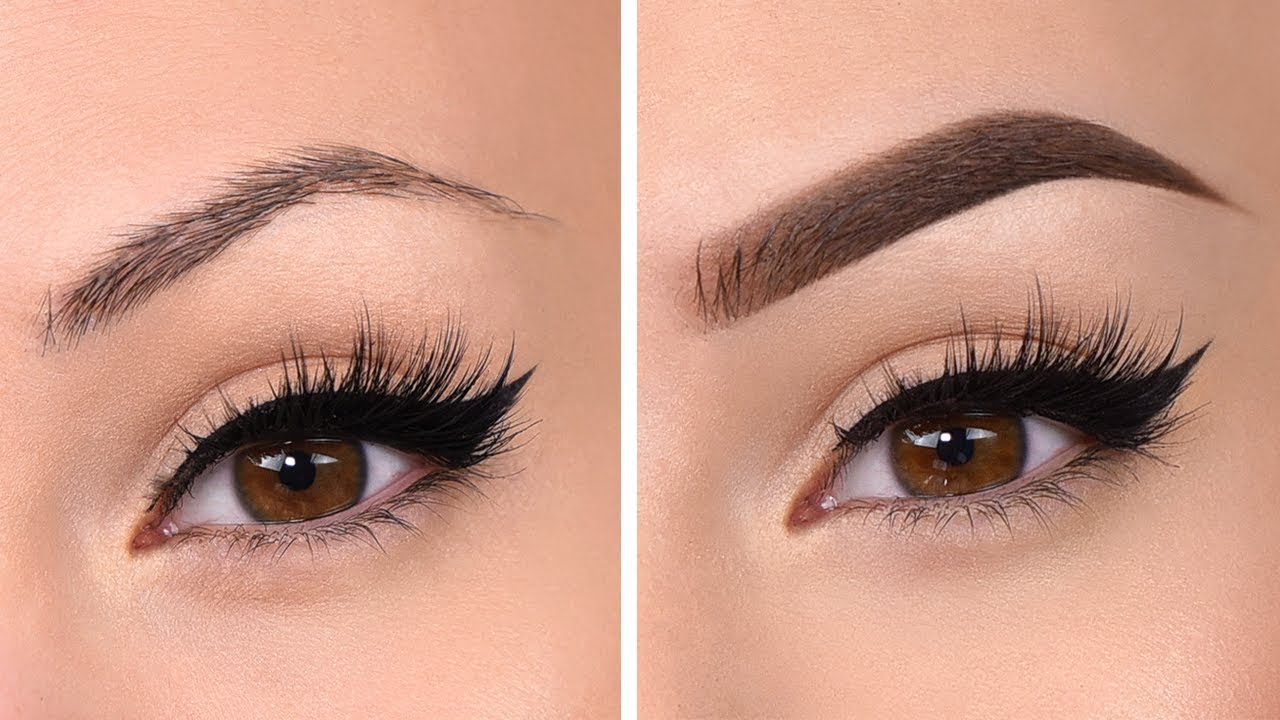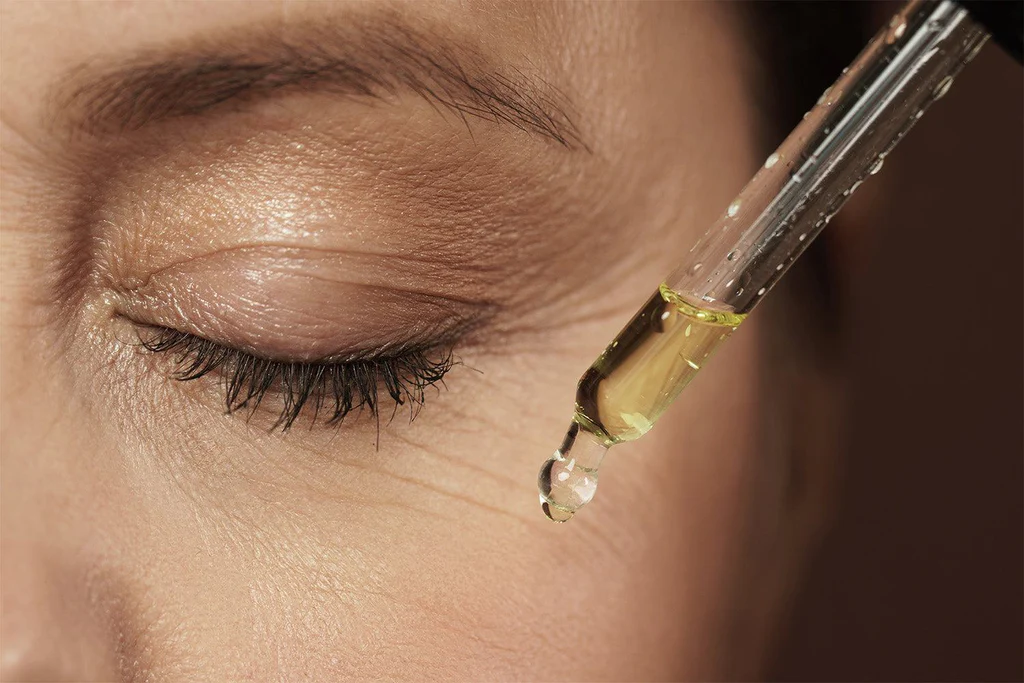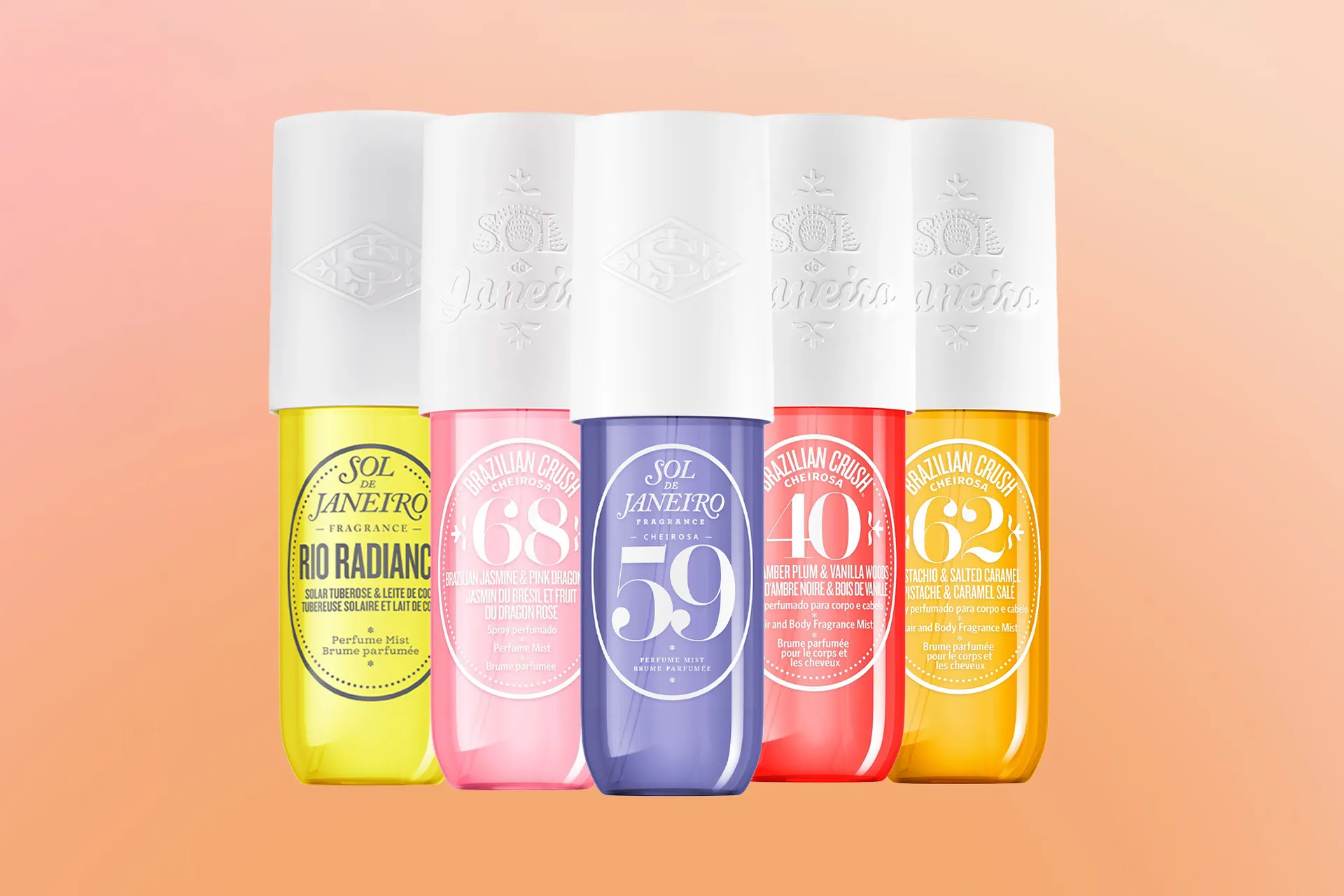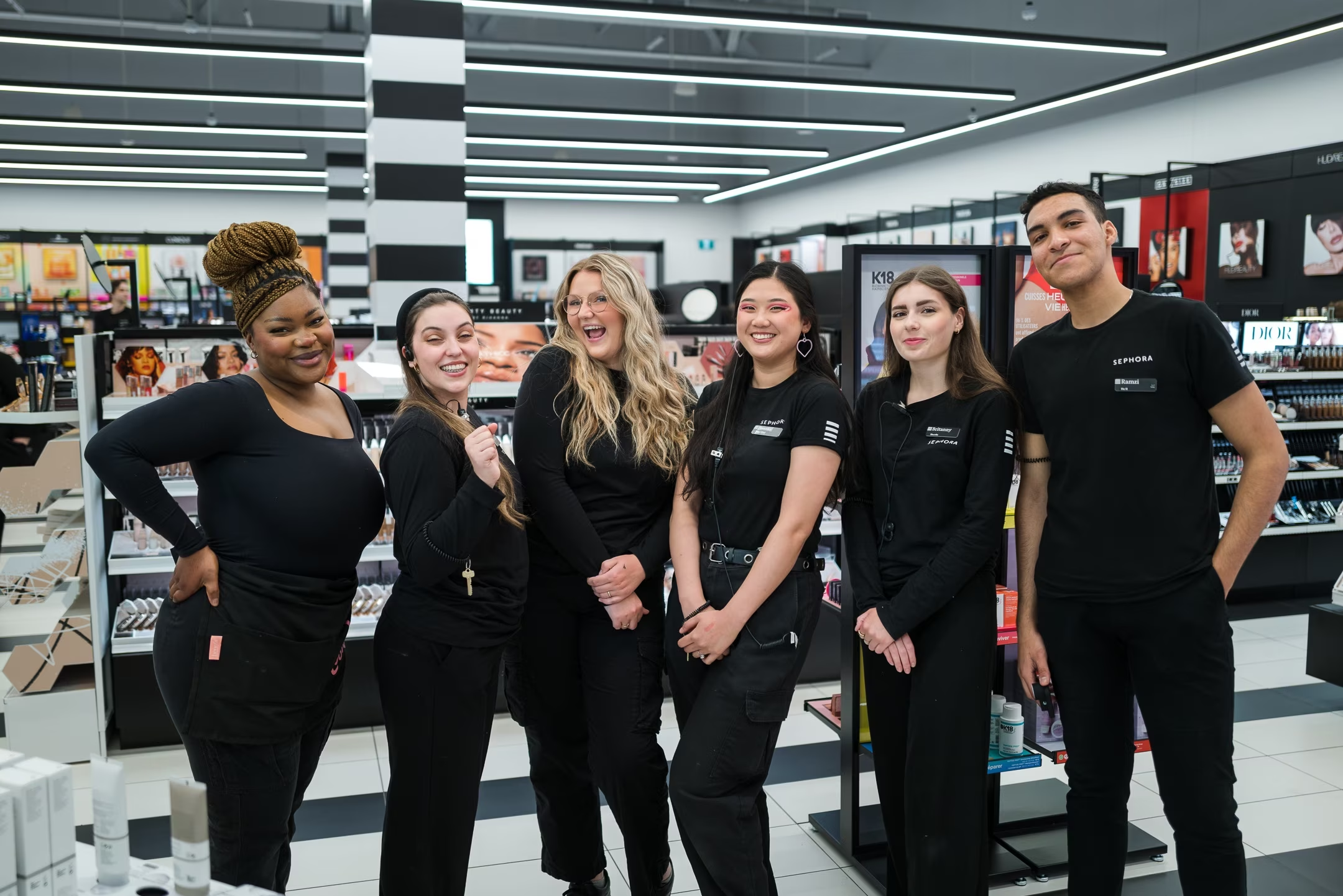
 By
Your Beauty Plug
By
Your Beauty Plug
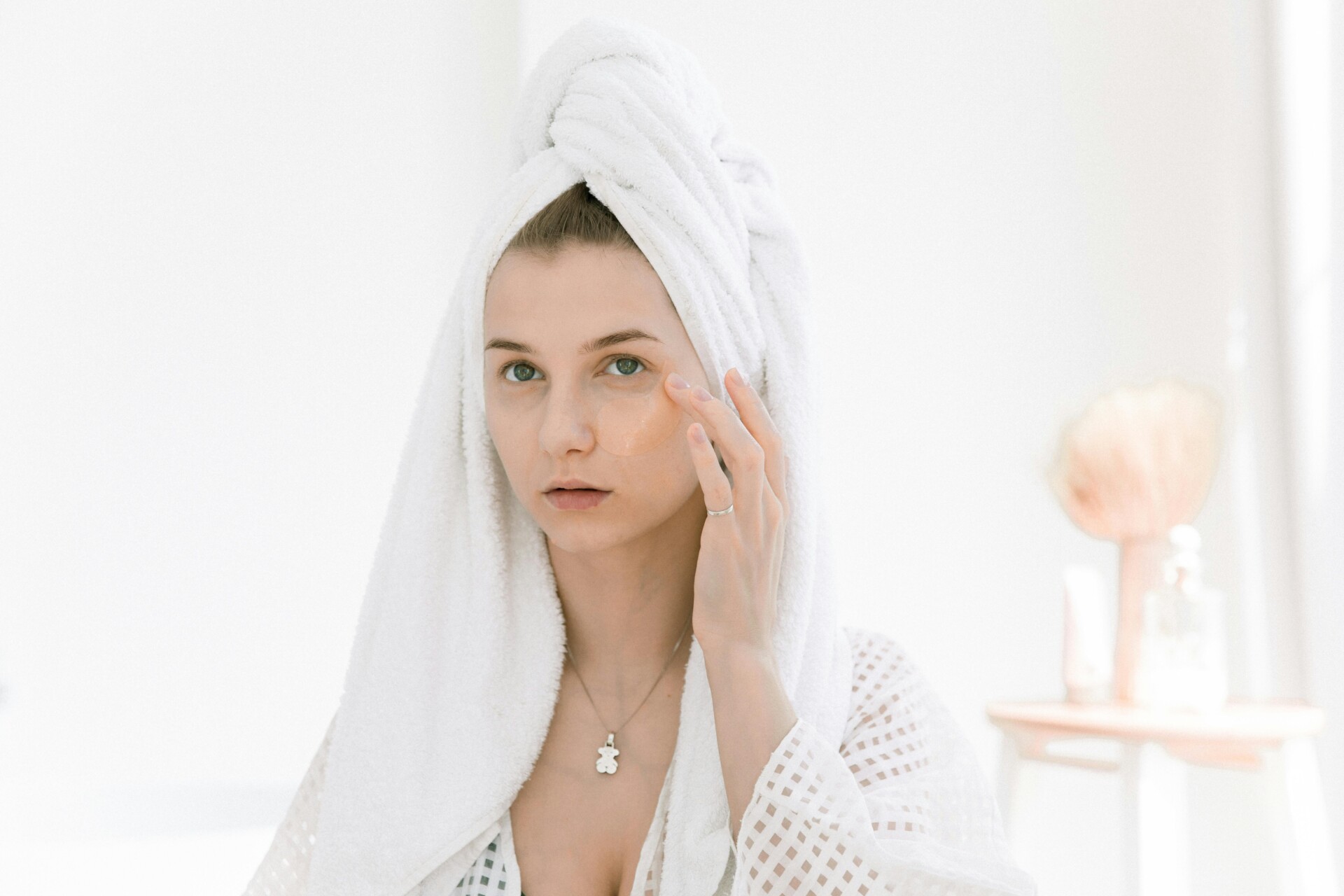
Pentylene glycol is a common ingredient in many skincare products, but what exactly is it and how does it affect your skin? In this blog post, we will answer some frequently asked questions about pentylene glycol and explain why it is used in cosmetics and skincare.

Pentylene glycol is a type of 1,2-glycol, which are organic compounds that have two alcohol groups attached to a carbon chain. Pentylene glycol has a chain length of five carbons, hence the name pentylene. It is a clear, odorless, and slightly sweet liquid that can be derived from natural sources such as sugar beet juice or synthetically produced in a laboratory.
Pentylene glycol has several functions in skincare products, such as:
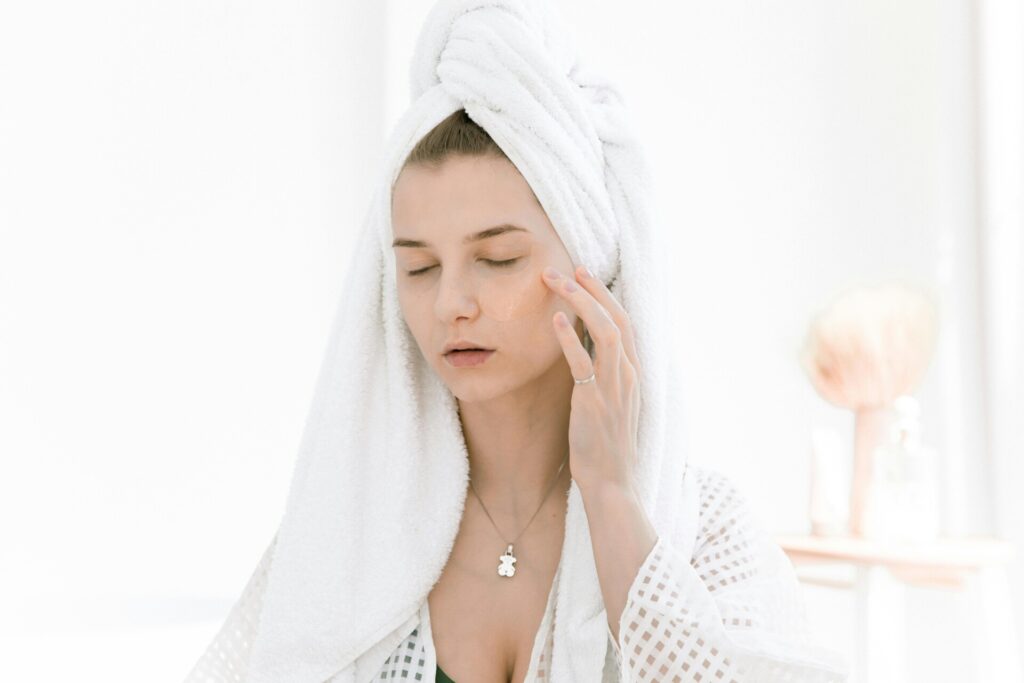
Pentylene glycol is considered safe for its approved uses in cosmetics and skincare by the Cosmetic Ingredient Review (CIR) panel, which is an independent group of experts that evaluates the safety of cosmetic ingredients. The CIR panel has reviewed the data on pentylene glycol and concluded that it is safe for use in cosmetic products.
Pentylene glycol is not associated with significant irritation or sensitization of the skin or eyes, even at high concentrations. However, some people may experience minor reactions such as redness, itching, or burning, especially if they have sensitive skin or allergies. If you notice any signs of irritation, discontinue the use of the product and consult your dermatologist.
Pentylene glycol can be found in a variety of skincare products, such as cleansers, toners, moisturizers, serums, masks, and sunscreens. It is compatible with most ingredients and does not interfere with their effectiveness. You can use pentylene glycol products as part of your daily skincare routine, following the directions on the label.
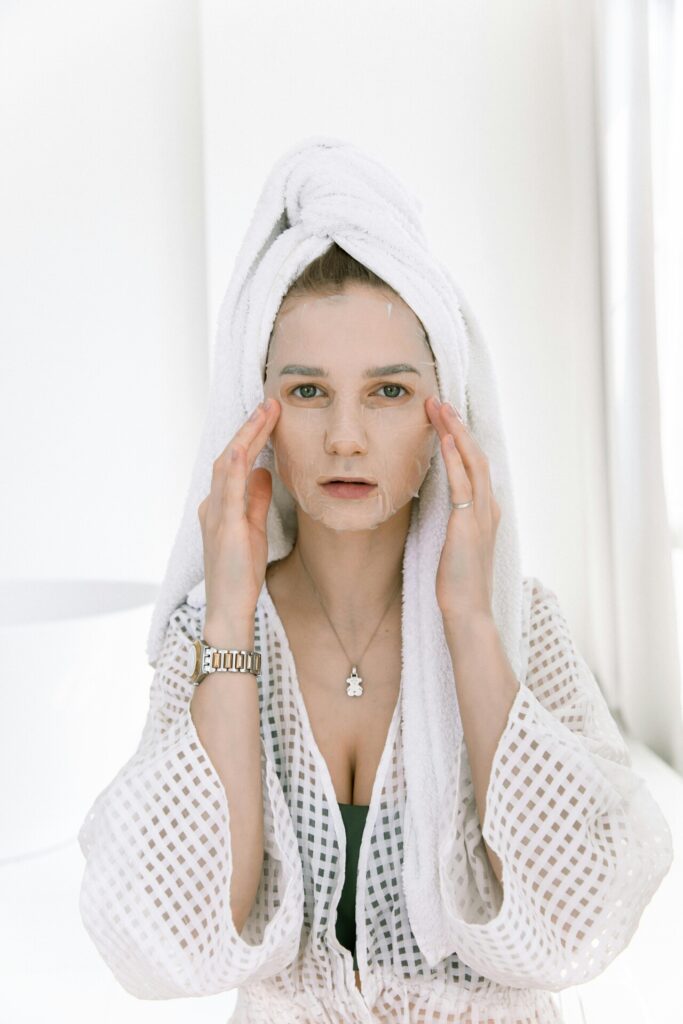
Some examples of products that contain pentylene glycol are:
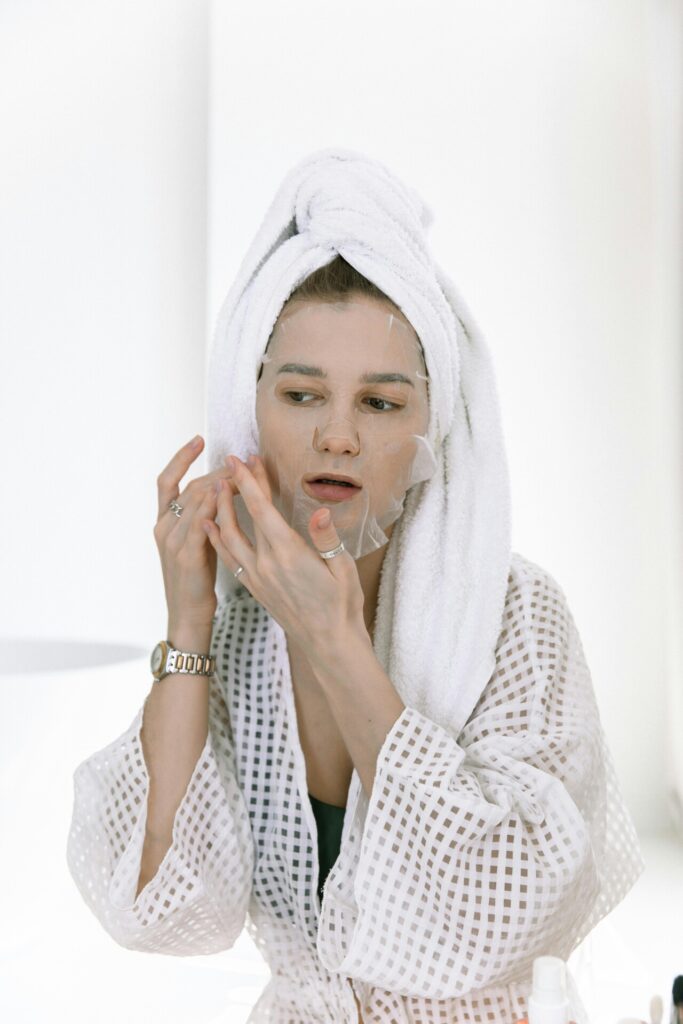
Pentylene glycol is a versatile ingredient that has many benefits for the skin. It is safe, effective, and widely used in skincare products. However, as with any ingredient, it is important to patch test before using a new product and to monitor your skin for any adverse reactions. If you have any questions or concerns about pentylene glycol or any other skincare ingredient, consult your dermatologist or a skincare expert. We hope you have learnt something new today and if you have any comments, please don’t hesitate to leave them below.

